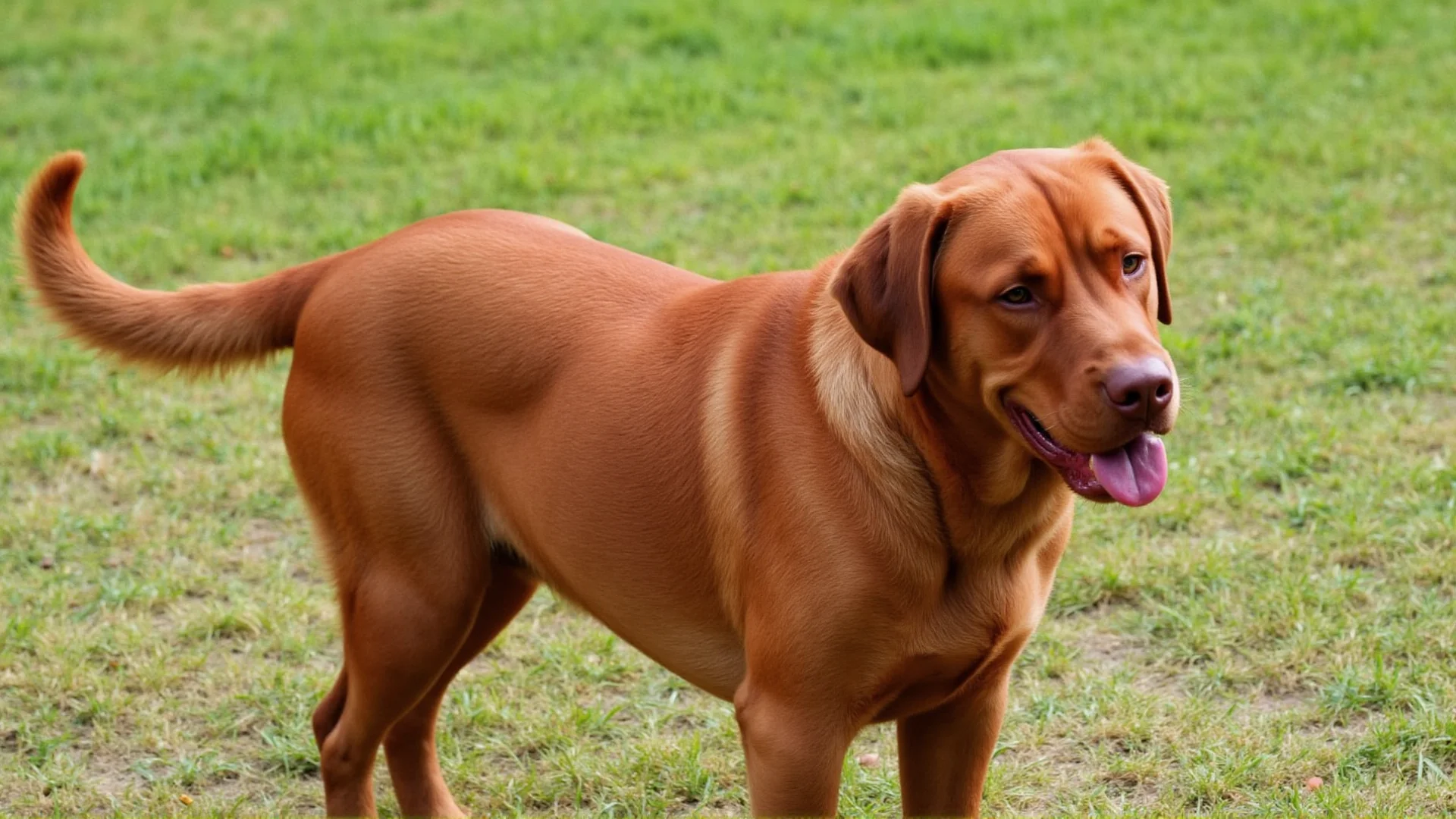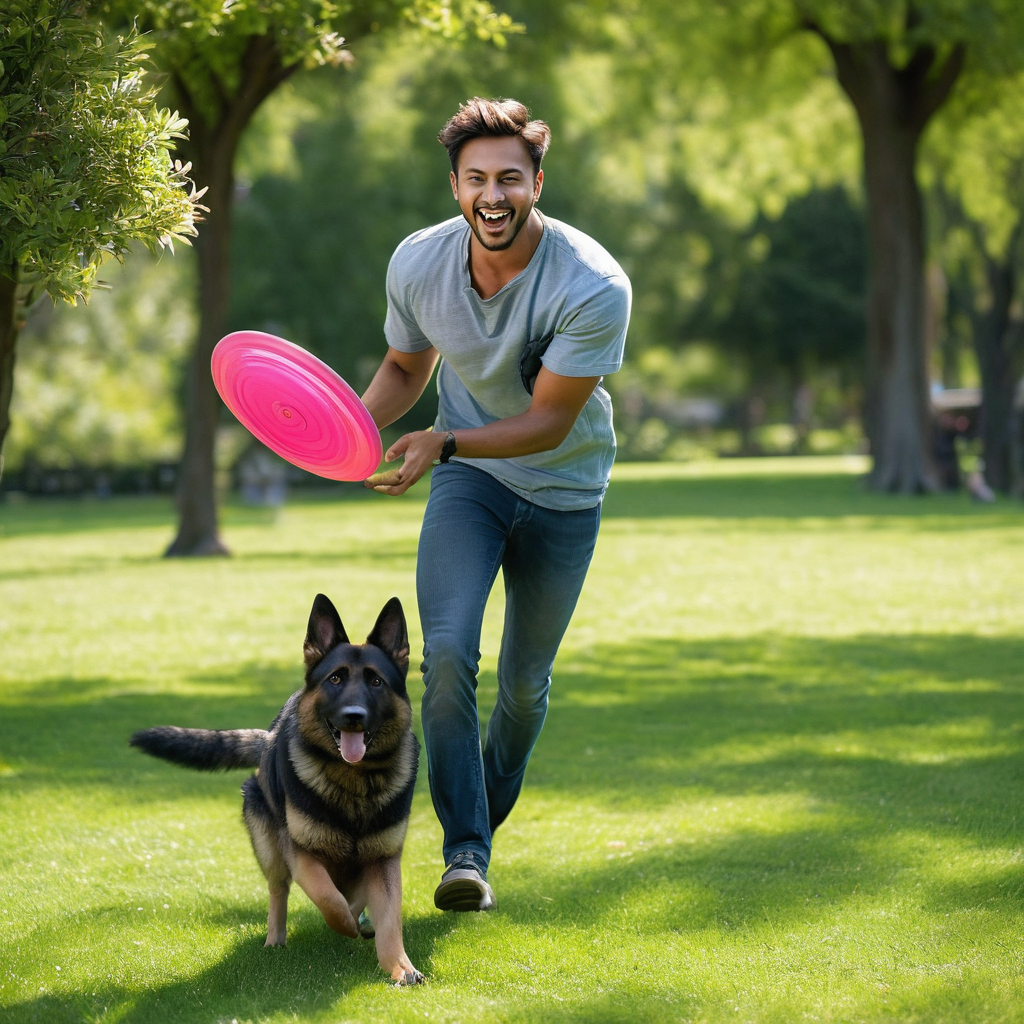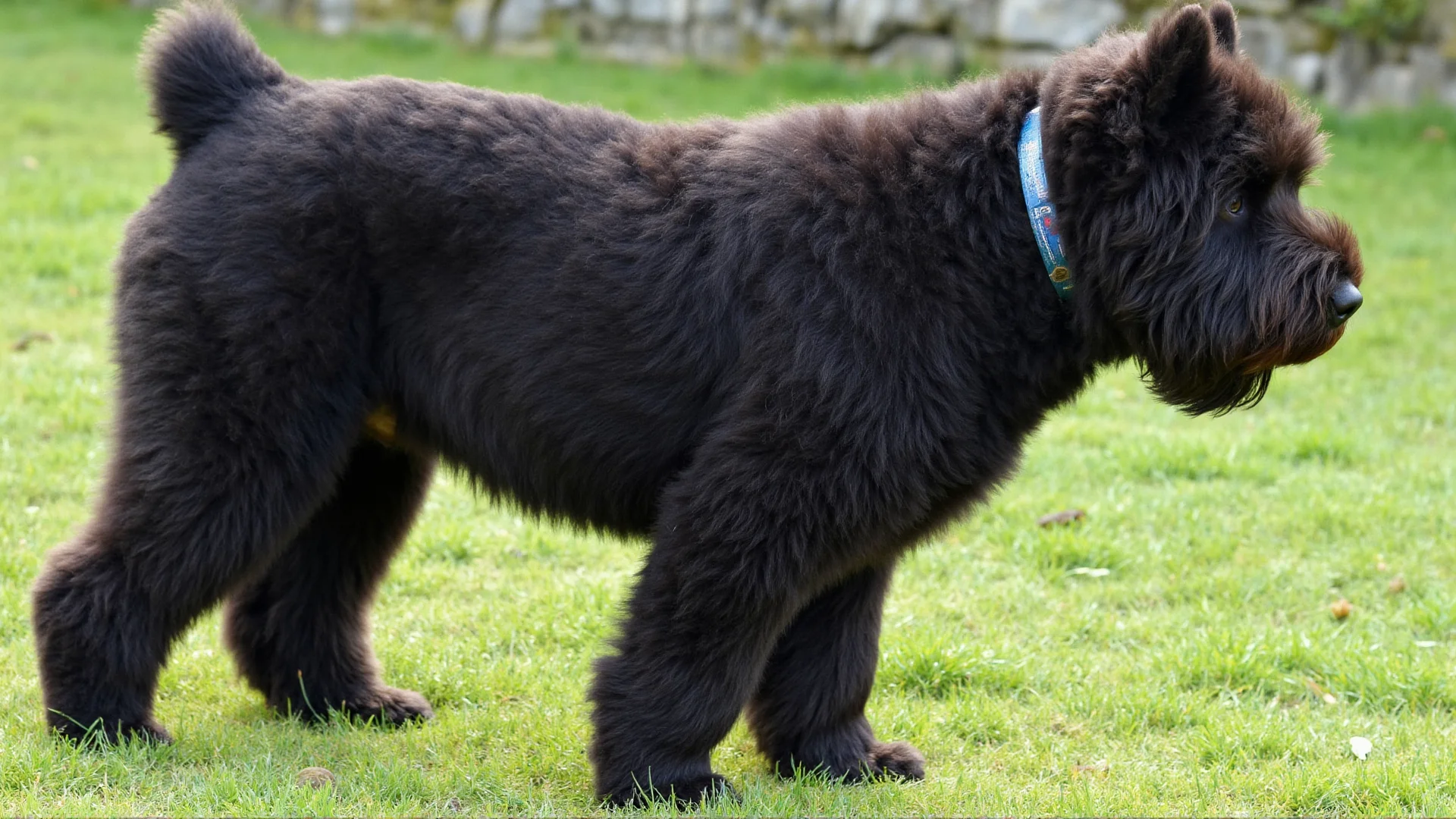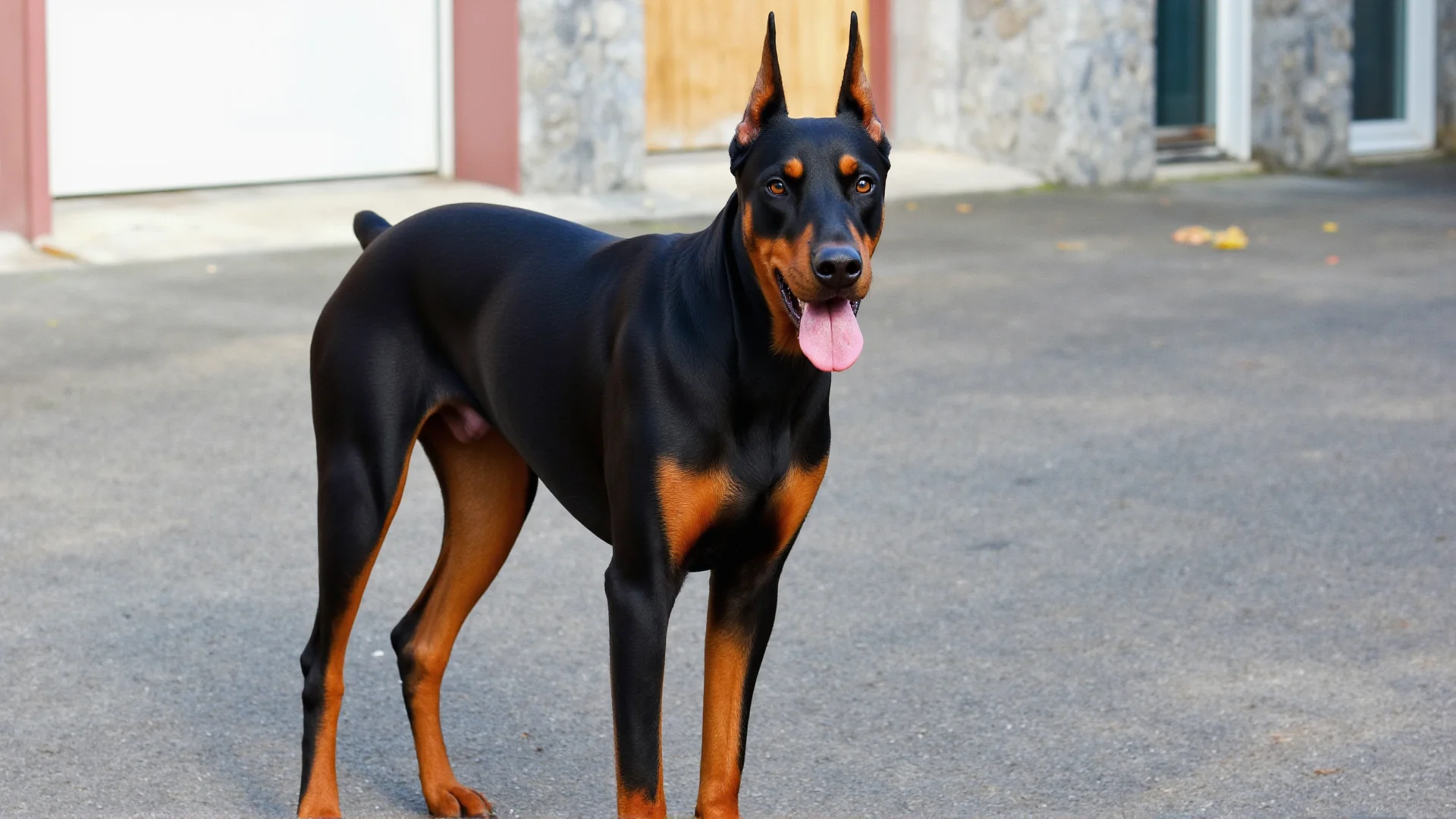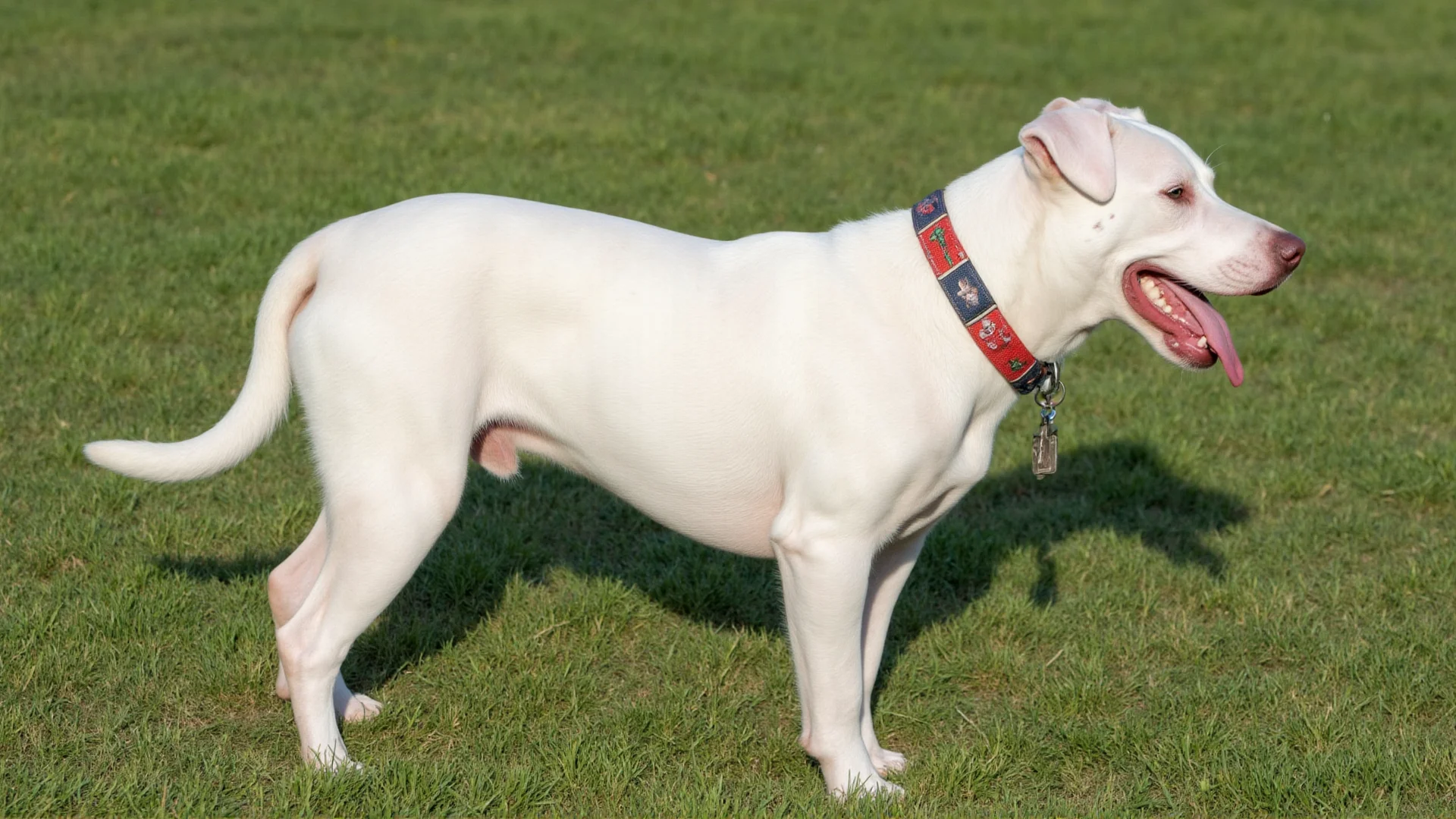Dogue de Bordeaux: The Ultimate Guide to This Powerful Guardian Breed
The Dogue de Bordeaux, also known as the French Mastiff, is one of the most impressive guard dogs you'll ever encounter. With their massive build, unwavering loyalty, and natural protective instincts, these gentle giants have been protecting families and property for centuries.
The Natural Guardian: Understanding the Dogue de Bordeaux
Standing up to 27 inches tall and weighing between 99-110 pounds, the Dogue de Bordeaux commands respect through presence alone. Their distinctive wrinkled face and muscular build make them an intimidating sight to potential intruders, while their calm, confident demeanor reassures family members.
Originally bred in France for guarding estates and hunting large game, these dogs possess an innate understanding of territory and family protection. Unlike some guard dog breeds that rely purely on aggression, the Dogue de Bordeaux combines intelligence with restraint, making them excellent family guardians.
Guard Dog Characteristics That Set Them Apart
Natural Protective Instincts
The Dogue de Bordeaux doesn't need extensive training to understand their role as a protector. These dogs naturally assess situations and respond appropriately. They're known for their ability to distinguish between genuine threats and everyday visitors, making them reliable guardians who won't unnecessarily alarm the household.
Intimidating Physical Presence
Sometimes the best guard dog is one that prevents problems before they start. The sheer size and powerful build of a Dogue de Bordeaux serves as an excellent deterrent. Their broad chest, massive head, and confident stance communicate strength and determination to anyone approaching your property.
Loyalty and Bonding
These dogs form incredibly strong bonds with their families. This deep connection drives their protective behavior – they're not just guarding property, they're protecting their beloved pack. This emotional investment makes them more reliable and dedicated guardians than breeds that are merely trained to be aggressive.
Training Your Dogue de Bordeaux for Guard Work
Start with Basic Obedience
Before any specialized guard training, your Dogue de Bordeaux must master basic commands. Focus on:
- Sit and Stay: Essential for control in tense situations
- Come: Crucial for calling off your dog when needed
- Down: Helps establish your leadership role
- Leave it: Important for preventing aggressive responses to non-threats
Socialization is Critical
A well-socialized Dogue de Bordeaux makes a better guard dog because they can differentiate between normal social interactions and genuine threats. Expose your puppy to various people, situations, and environments while they're young. This helps them develop judgment about when protection is truly needed.
Alert Training
Teach your dog to alert you to visitors or unusual activity without becoming overly aggressive. Use commands like "watch" or "alert" when someone approaches, and reward calm, controlled responses. The goal is a dog that notifies you of potential issues while remaining under your control.
Living with a Guardian Breed
Exercise and Mental Stimulation
Despite their size, Dogue de Bordeaux dogs don't require excessive exercise, but they do need regular activity to maintain their physical and mental health. A tired dog is a well-behaved dog, and adequate exercise helps prevent destructive behaviors that can complicate guard training.
Establishing Leadership
With a dog this size and powerful, establishing yourself as the pack leader is non-negotiable. Use positive reinforcement methods, but be consistent and firm. Your Dogue de Bordeaux needs to understand that you make the decisions about when and how to respond to potential threats.
Managing Their Protective Nature
Sometimes you'll need to dial back their protective instincts. Teach your dog that not every visitor is a threat and that your guests are welcome. This might involve having visitors give treats or practicing controlled introductions to new people.
Health Considerations for Working Dogs
Guard dogs face unique health challenges due to their size and working demands. Dogue de Bordeaux dogs are prone to:
- Hip Dysplasia: Regular vet checkups and maintaining proper weight are essential
- Heart Conditions: Monitor for signs of cardiac issues, especially during strenuous activity
- Bloat: Large, deep-chested dogs are susceptible to gastric torsion
Keep your guardian in peak condition with regular veterinary care, appropriate nutrition, and careful attention to their physical limitations.
Legal and Ethical Responsibilities
Owning a guard dog comes with significant responsibilities. You're liable for your dog's actions, so proper training and socialization aren't just recommended – they're essential for legal protection. Additionally, check local laws regarding guard dogs, as some areas have specific regulations about keeping dogs for protection purposes.
Always prioritize training that emphasizes control and appropriate response over pure aggression. A dog that can be called off is far more valuable than one that attacks indiscriminately.
Is a Dogue de Bordeaux Right for Your Family?
These magnificent dogs aren't suitable for everyone. Consider whether you can provide:
- Adequate space for a large dog
- Consistent, experienced training
- Time for proper socialization
- Resources for veterinary care and quality nutrition
- Strong leadership and pack management
If you can meet these requirements, a Dogue de Bordeaux can be an exceptional addition to your family – a gentle giant who will love your children and protect your home with unwavering devotion.
